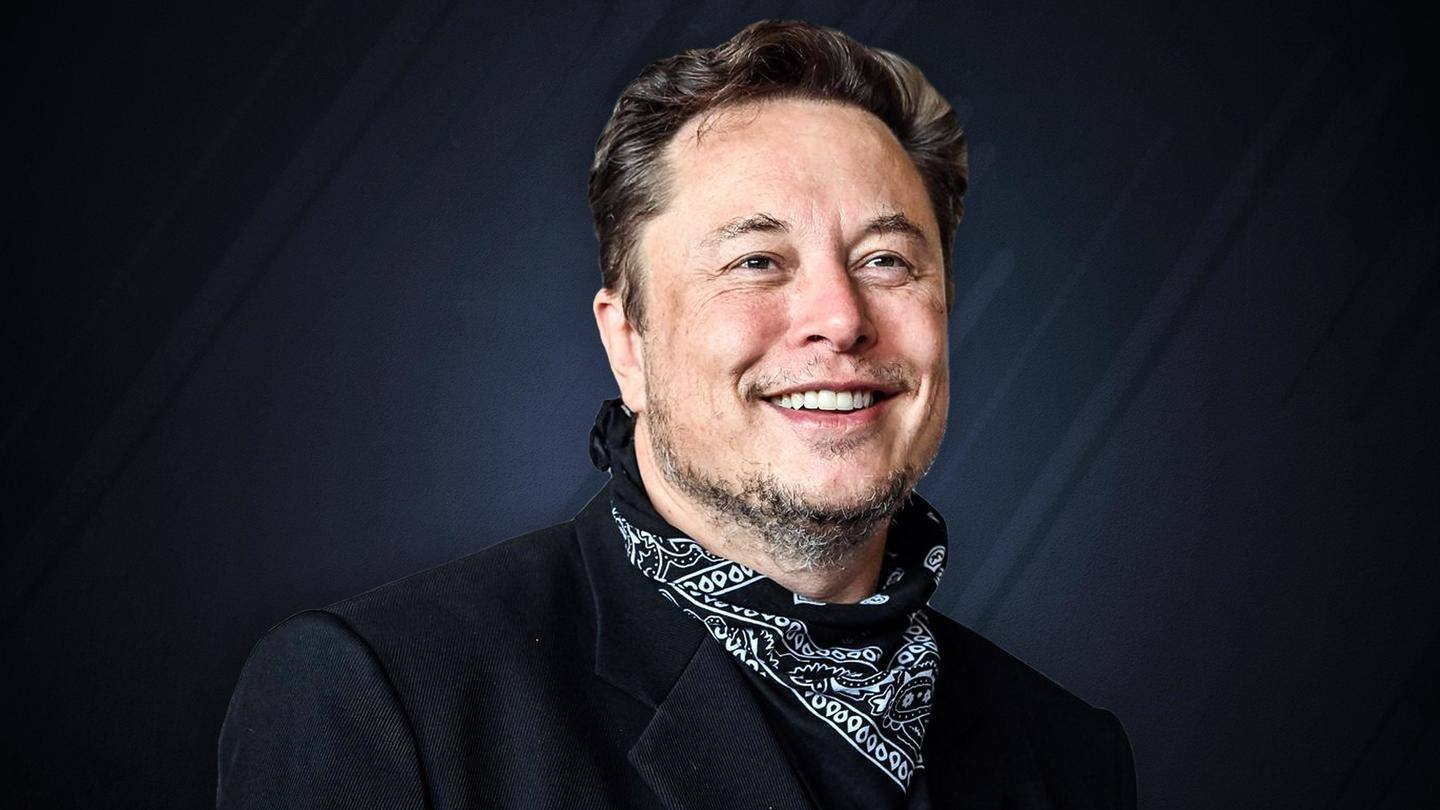
UN responds to Elon Musk's challenge with $6.6bn famine plan
What's the story
The United Nations (UN) has responded to Tesla CEO Elon Musk's challenge where he had asked the agency to prove how $6 billion of his wealth could solve world hunger.
David Beasley, the Executive Director for the UN World Food Programme (WFP), tweeted a $6.6 billion proposal to the billionaire, also currently the world's richest person.
Here are more details on this.
Context
Why does it matter?
Officials at the UN's food program have said that a tiny fraction of fortunes owned by Musk and other billionaires like Jeff Bezos can help fight world hunger in 2022.
Musk and other ultra-rich have often faced criticism for not giving away more of their wealth.
Now, if the Tesla boss makes a $6 billion donation, it would be his largest-ever known charitable contribution.
Details
'45M lives are at stake'
"The world is on fire. I've been warning about the perfect storm brewing due to COVID, conflict, climate shocks & now, rising supply chain costs. IT IS HERE. 45M lives are at stake—and increasing daily," Beasley tweeted.
"If you don't feed people, you feed conflict, destabilization & mass migration," he further said, attaching a link to the proposal.
Quote
'Unprecedented and avoidable crisis'
"This hunger crisis is urgent, unprecedented, AND avoidable. @elonmusk, you asked for a clear plan & open books. Here it is! We're ready to talk with you - and anyone else - who is serious about saving lives," Beasley added.
Developments
Musk had promised donation on one condition
In an earlier interview, Beasley had called on billionaires like Musk and Amazon founder Jeff Bezos to contribute around $6 billion to save lives of millions at the risk of starvation.
Thereafter, Musk challenged the WFP to explain how the amount could tackle world hunger.
He said if the organization did that, he would "sell Tesla stock right now and do it."
Plan
What is the WFP's plan?
According to the WFP's proposal, $6.6 billion would help drive out starvation for 42 million people across 43 countries.
A total of $3.5 billion would be used for food and its "last mile" delivery.
Another $2 billion will go to cash and food vouchers.
The remaining amount would be spent on design, scale up, management, administration, and accountability.